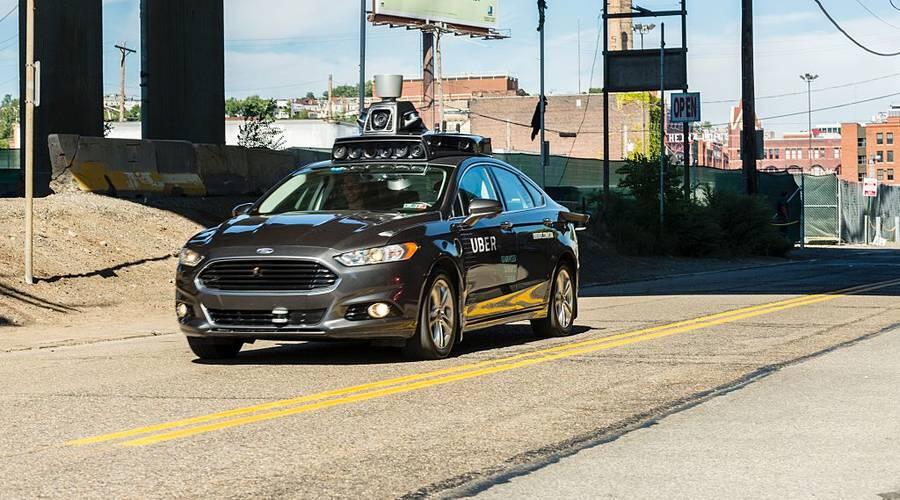As driverless cars go from sci-fi to reality, Americans are watching the birth of a revolutionary new industry — and the government wants to play more of a role in shaping it.
The Obama Administration has released guidelines to get makers of self-driving cars to share more information about their safety systems proactively, instead of having them hash everything out on their own.
“Today we put forward the first federal policy on automated vehicles, the most comprehensive national automated vehicle policy that the world has ever seen,” said Department of Transportation Secretary Anthony Foxx. “It is a first of its kind, taking us from the horseless carriage to the driverless car.”
The Department of Transportation wants to make its guidelines on driverless cars mandatory eventually.
But for now, officials are giving manufacturers some federal standards to work with and asking them to share information about their successes and failures. That could speed advances in safety and cybersecurity for all players.
Regulators are trying to be nimble and flexible in a way one might not associate with government.
“The Department of Transportation and the National Highway Transportation Safety Administration recognize the fact that the pace of change for lots of transportation technology, but, specifically, for self-driving, needs, frankly, a new set of tools,” said David Strickland, general counsel for the Self-Driving Coalition for Safer Streets, which includes Google, Ford, Lyft, Uber and Volvo cars.
Strickland said in the case of this technology, it’s not sufficient to leave in place a regulatory patchwork during a multi-year rule-making process.
“Traditional regulations are going to take too long,” said Bryant Walker Smith, an expert on self-driving cars at the University of South Carolina. He says the DOT seems to be learning from past missteps.
He says, for example, by the time regulators on the aviation side of things finished a lengthy rule-making process on drones, “those rules were already out of date.”
With driverless vehicles, the stakes are high for the government getting involved early.
Driverless technology could have a huge impact on society. And it’s not just in the way they could save us the time of driving around, according to Vasant Dhar at New York University’s Center for Data Science.
Dhar said despite some recent crashes of semi-autonomous vehicles, driverless vehicles could end up being far safer than human drivers.
“There’s a huge drag on the economy around accidents,” he said. “There’s 4 million injuries every year. Almost 40,000 people die.”
Source: MarketPlace











